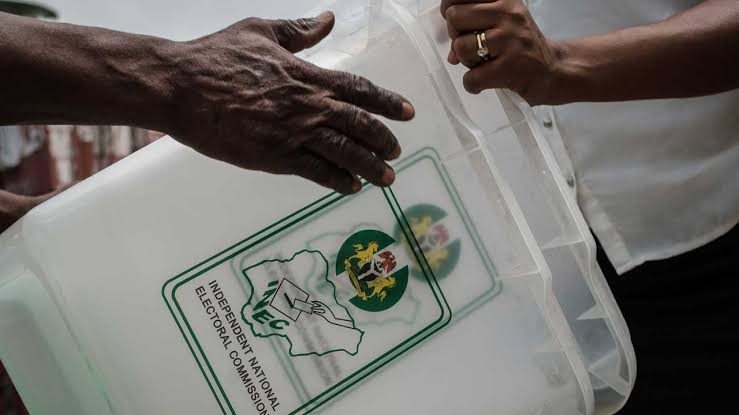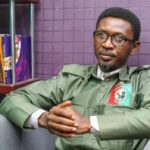The Conference of Autochthonous Ethnic Nationalities Community Development Association (CONAECDA) has identified a lack of clear democratic principles among the political class as the cause of unethical electoral practices.
This was contained in a communiqué issued at the end of its post-election evaluation and agenda-setting summit, signed by its President Benjamin Dadu, Secretary-General Suleiman Sukukum, and Professor Aboi Madaki, respectively, and made available to newsmen in Jos, Plateau State.
The summit called on the incoming states and federal governments to run inclusive governments that consider state and national character, rights, gender, religious diversity, and competence in their appointments and projects.
It observed massive use of falsehood and distortion of facts throughout the campaigns, during elections, and in the post-election period.
The communiqué emphasized the need for a political framework that can address good governance and overall leadership demands and also remove obstacles to national development by restructuring Nigeria.
It tasked the Middle Belt and Northern States to look into the unjust colonial structures that promote injustice and restructure at local, state, and regional levels.
The Summit further called on the judiciary to ensure that all parties to electoral disputes receive justice and advocated for an improvement of the electoral process, including the establishment of an independent electoral offenses commission.
CONAECDA called for accountability, transparency, justice, and equity from all indigenous people elected to various offices, including the hosting of periodic town hall meetings.
It appealed to the incoming federal government to ensure religious inclusion in all its appointments and adequate representation of the people of the Middle Belt.
On the positive side of the 2023 election, CONAECDA posited that the use of BVAS did improve transparency in the electoral process despite the abuses of the system by stakeholders, adding that the 2023 elections reduced some traditional electoral malpractices only to be replaced by new forms.
“Many communities reported that their preferred candidates won elections at various levels due to popular choices, while others reported that elections were rigged at certain levels of the elections. Communities were actively engaged in voter education, ensuring the peaceful conduct of elections and engagement with politicians.
“The 2023 elections produced, for the first time in 24 years, a president with less than 40% of the total votes cast in the election,” it posited.
READ ALSO FROM NIGERIAN TRIBUNE






